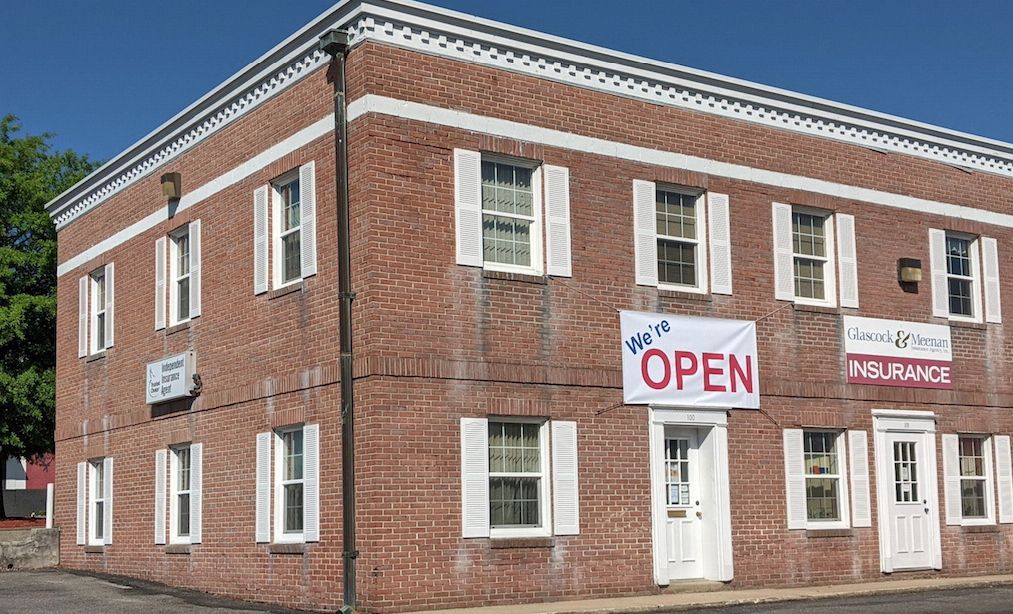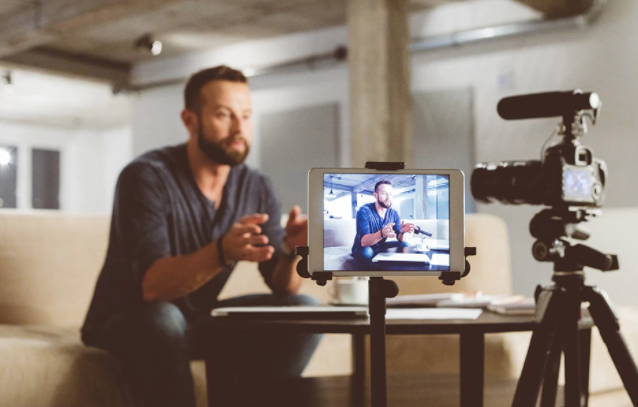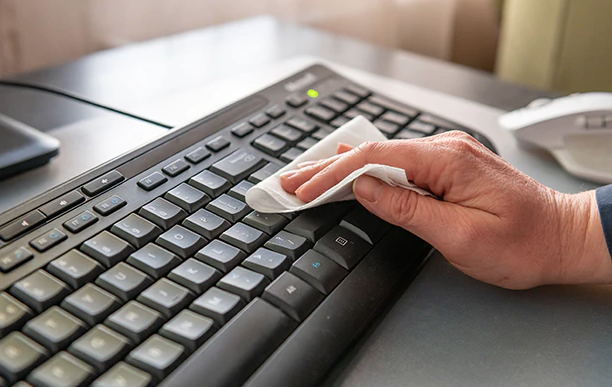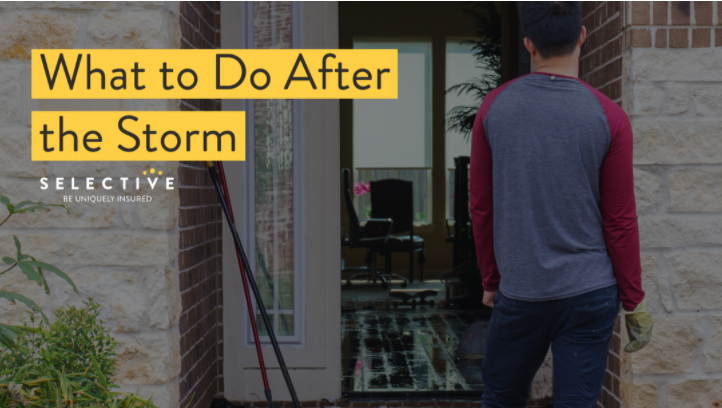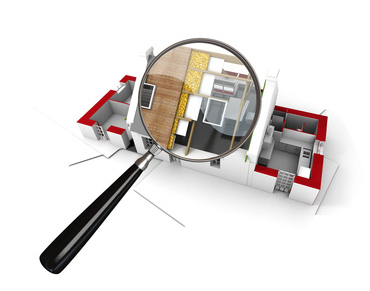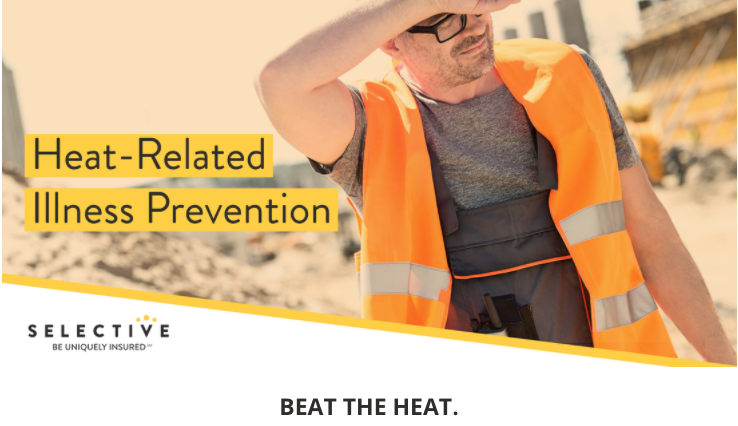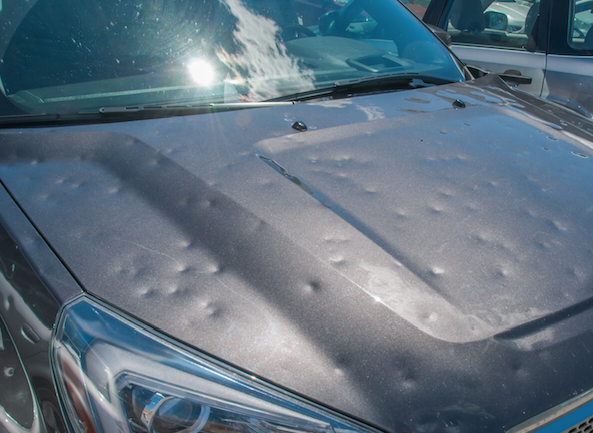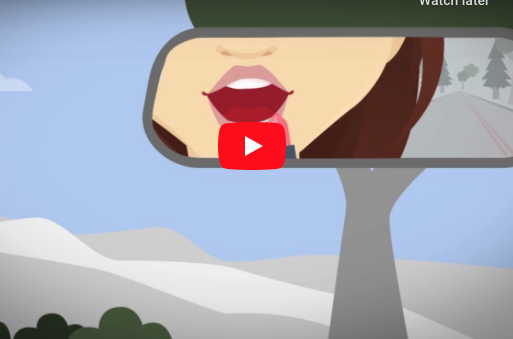4 Things Every Renter Needs to Know About Renters Insurance

Buying renters insurance to protect your stuff may seem like an unnecessary expense, until you experience a theft or fire in your rented home or apartment and lose some of your most treasured possessions forever.
Whether you’re a longtime renter or starting out in your first place, renters insurance policies provide important benefits and coverage. If a fire or similar incident destroyed your home and you didn’t have renters coverage, it would be up to you to replace everything you own. Plus, if someone claimed you caused an injury or property damage, without adequate insurance protection, you could be at risk for an expensive lawsuit and paying that person for his or her damages.
As you consider whether to buy renters insurance, here are four things you need to know:
1. Renters Insurance Provides Off-Premises Coverage
Renters insurance does more than cover the cost of lost or damaged possessions in your home. There is coverage if your bicycle is stolen from a bike rack at the park, or if your laptop is taken from your car while you’re at the supermarket.
2. You Can Be Compensated if You’re Forced to Relocate
Most renters policies provide additional living expenses coverage if your home becomes uninhabitable due to an event such as vandalism, theft, fire or water damage from home utilities.1This benefit usually includes the cost of living expenses, up to your policy limits.
This coverage typically is limited to 30 to 50 percent of your insured personal property. For example, if your belongings were insured for $100,000, the limit on additional living expenses would be $30,000 to $50,000, as outlined in your policy. Read More
5 Questions to Ask Your Car Insurance Rep

When it comes to choosing a car insurance policy, many of us let the premium price drive our decisions. But cutting corners on cost could leave you underinsured and overexposed to the risks of the road.
Fortunately, it’s easy to strike a balance between affordability and adequate coverage when you have the right information.1 Remember: your insurance representative is a valuable resource. Asking these five questions before you purchase a car policy can help you get the protection you need at a price you decide is right for you.2
1. Do I Have All the Coverage I Need?
This first answer to this question will depend on the state where you live. At a minimum, most states require liability insurance, which covers the cost of accident-related injury, death, vehicle damage, property damage, and legal fees.
Once the minimum requirements are met, ask your insurance rep to explain and recommend additional coverage options best suited for your individual needs. These commonly include collision, comprehensive, uninsured and underinsurance motorist protection (UM/UIM). Your rep should also explain how each will affect your premium and “out-of-pocket” expenses after an accident.
If you have a lot of personal assets to protect, you may also want to discuss excess liability insurance with your insurance rep. This is a separate, personal liability policy that can kick in to cover costs where your car (or homeowners) insurance leaves off.
8 Steps to Buying and Insuring Your New Home

Whether you’re in the market for your first home or you’re a seasoned home buyer, one key element you need to keep in mind is insuring your new investment. Particularly for first-time home buyers, mapping out the home-buying process can help to make the experience go a little more smoothly. This includes making sure you’ve covered your homeowner’s insurance needs. Here’s a helpful rundown of steps along the way to help you cover all the bases.
Do Your Early House Shopping Online
Starting on the path to home ownership can be fun, especially if you choose to do it from the comfort of your couch – say, on Sunday mornings while sipping coffee and perusing online home listings. Use a few different websites for your early research. Photos of the houses for sale and information about their neighborhoods can vary between real estate websites, so using a few sources for information can help you get a rounded perspective. Be sure to check out any online tools that can help you learn more about a house that catches your eye, such as the Travelers’ Open House tool.
Contact a Real Estate Agent
You can always tap into the expertise of a local real estate agent to help with your search. A realtor might know about homes that aren’t yet listed on real estate websites or can point you toward a home that meets your needs that you may have missed in your search. You may want to begin to take note of house features that you prefer, as these will come into play during your future discussion about homeowners insurance. Read More
Smart Ways to Help Protect Your Child and Your Home [Video]
As reported by CNET
Join us at the CNET Smart Home® to see how you can easily add motion alerts, smart locks and water sensors to keep both your child, and your home, safer.
Protecting Against Common Fire Risks During Construction

It’s nothing new that the construction industry has to deal with a variety of hazards, but a growing number of construction site fires are drawing attention to this particular risk in construction.
On average, between 2010 and 2015, firefighters responded to more than 10 fires a day at buildings under construction in the U.S.1 Those fires led to $172 million in direct property damages, claimed five lives and injured 51. Travelers’ Risk Control professionals have noted an upward trend in significant fire losses at construction sites in recent years, as construction activity has increased in the U.S.
Fires can occur on any construction project. However, “with more wood frame structures being built, we have noticed an increase in fire losses during the course of construction,” said Jay Hurin, Technical Director for Travelers Inland Marine Risk Control. “These structures are particularly susceptible to fires.”
Fires during construction can spread rapidly, especially when sprinklers have not yet been installed or activated, and other combustible materials are present. “These can be precarious situations,” Hurin said. “All it takes is one small ignition source to start a major fire.” Read More
The Modern Office Brings Emerging Risks

Pioneered in the workplaces of Silicon Valley, employee benefits, such as climbing walls, foosball tables, video games and the ability to bring pets into the office, are all emerging trends that emphasize collaboration and creativity. Risks that business owners might not have considered when implementing such programs include, but are not limited to, falls, strains and sprains, allergic reactions and bites. What started out as a way to promote productivity could lead to unexpected workplace injuries.
Workplace Hazards
Having a conference bike or a treadmill desk might create an innovative atmosphere, but an injured employee or client could bring an end to the fun quickly, with lost work days and legal liability. These types of alternative workstations could pose a risk for employees or clients. The Occupational Health and Safety Act (OSHA) requires employers to provide a workplace that is free of known health and safety hazards. Employers should consider the safe design of new types of furniture, including conference bikes and treadmill desks, and assess and control any potential risks.
The Use of Mobile Devices
Are your employees working on the go or multitasking on their devices while they are in the office? Hours spent looking down at a smartphone or tablet puts a heavy burden on the neck and spine, and repetitive texting could injure thumbs. A formal policy on the appropriate use of mobile devices in the office can help protect employees from injury. Learn more about ergonomics at work. Read More
5 Ways Mindfulness May Increase Productivity for Your Small Business

Long associated with meditation and relaxation, the practice of mindfulness has become more mainstream in recent years. And, with studies showing that humans aren’t as good at multi-tasking as we think we are, practicing mindfulness or meditation may actually help us be more productive at work.
Ever felt scattered while having 12 browser tabs open on your laptop, while keeping up with a group text on your smartphone and answering emails as they come in? In an age of multi-tasking, mindfulness can help us be in a state of moment-to-moment awareness of our experience. So, can practicing mindfulness help your small business become more productive?
Here are five potential benefits:
1. Mindfulness may help you and your team prioritize better. Multi-tasking is really task-switching, because it’s not possible for the brain to handle two tasks simultaneously. A research study at Stanford University found that multi-tasking actually made participants less able to switch tasks effectively, likely because they were less able to filter out irrelevant distractions.1 Since not every task has the same level of importance to your small business, being able to discern what’s most important can be a critically important skill.
2. Mindfulness can help boost your working memory. Research has shown an increase in working memory among participants in an eight-week mindfulness training.2 That working memory can translate to productivity if employees are able to better recall training and other information useful for their work – and may even help them avoid accidents and injuries at work if they are better able to remember safety practices. Read More
Small Business Insurance 101: Frequently Asked Questions and Answers

Opening a new business is both exciting and daunting. Even if you start small, the risks may feel greater when it’s your own time and money on the line. To protect your investment, business insurance offers coverage that protects your business when the unexpected happens. If you’re preparing to launch your own business or just want to understand more about how business insurance protects your livelihood, here are some frequently asked questions and answers to help you think it through and plan ahead.
A: Starting your own business means taking on some degree of risk. As a business owner, you already have the passion and drive to take on new challenges, but you’ll also need to protect the value of the assets you purchase for your company. Insurance can help you recover when things go wrong. From property losses related to items such as fire or theft to liability issues should someone sue – or threaten to. With the proper policies in place, you’ll gain peace of mind and feel more comfortable in your new role as an entrepreneur.
A: The cost of insurance is based on a range of factors including the following:
- The value of the company assets you wish to insure.
- The number of employees.
- Specific risks associated with your industry.
- Your personal risk tolerance and the amount of liability protection you prefer.
A: Yes, you should include insurance expenses in your initial business plan and yearly budget. From a cash flow perspective, you’ll want to understand what kind of payment options and timing are available. When starting out, aim to separate your company assets from your personal items to determine the amount of insurance you’ll need to carry. To properly establish your new company, speak to a tax or legal advisor about formalizing the structure of your business. Read more
insurance search
Contact Glascock & Meenan for the answers!
Download and enjoy!
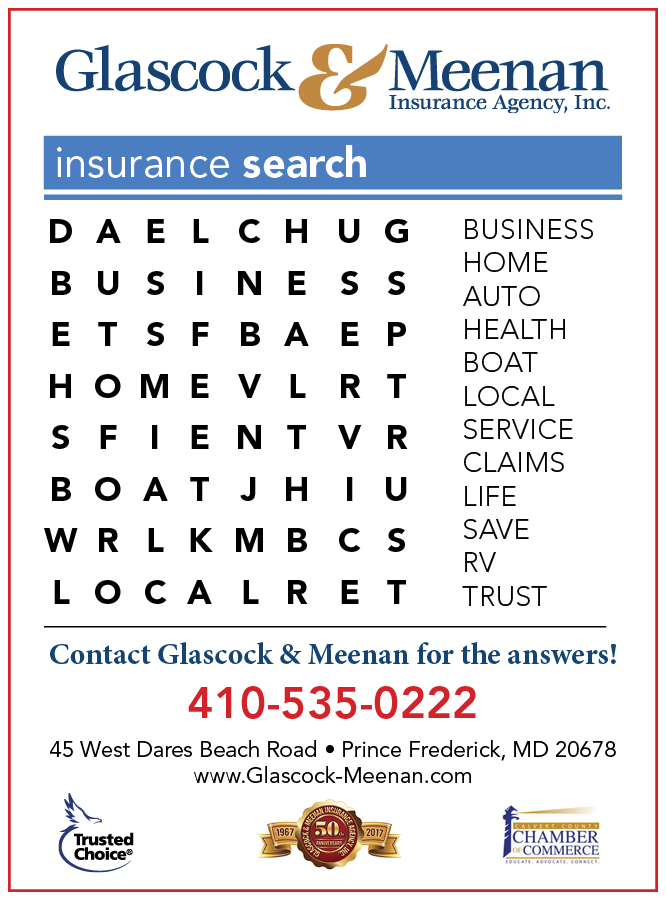
410-535-0222
45 West Dares Beach Road • Prince Frederick, MD 20678
www.Glascock-Meenan.com
Boating Safety Tips

There’s something universal about that feeling that comes with being on the water. Whether you’re going solo in a skiff, heading out for the afternoon on a yacht or trying out a personal watercraft for the first time, there’s a sense of anticipation that comes with each voyage. No matter how many trips you have under your belt, though, it’s best to freshen up on boat safety.
Check If Your LED Lighting Causes Radio Interference
Test your radio and communications devices to make sure they are in proper working order and not affected by any potential interference caused by LED lighting. According to a recent alert from the U.S. Coast Guard, LED lighting can cause electromagnetic interference, or EMI, which can result in poor reception on VHF frequencies. This can complicate efforts to communicate, which is especially dangerous in case of an emergency.
It’s an issue that hasn’t garnered a lot of attention, so maritime radio users might not be aware that LED lighting can interfere with their radio. “We want to raise awareness about this potential impact on communications,” said Todd Shasha, Managing Director of Personal Insurance at Travelers. Testing communications devices in combination with LED lights can help alert boaters to a potential issue before an emergency. The Coast Guard recommends five steps to help test for the presence of LED interference:
- Turn off LED lights,
- Tune the VHF radio to a quiet channel,
- Adjust the VHF radio’s squelch control until the radio outputs audio noise,
- Re-adjust the VHF radio’s squelch control until the audio noise is quiet, only slightly above the noise threshold,
- Turn on the LED lights. If the radio now outputs audio noise, then the LED lights have raised the noise floor. If the radio does not output audio noise, then the LED lights have not raised the noise audio floor.
If the noise floor is found to have been raised, according to the U.S. Coast Guard Bulletin, it is likely that LED lighting is interfering with both shipboard VHF marine radio and AIS reception. Read More
